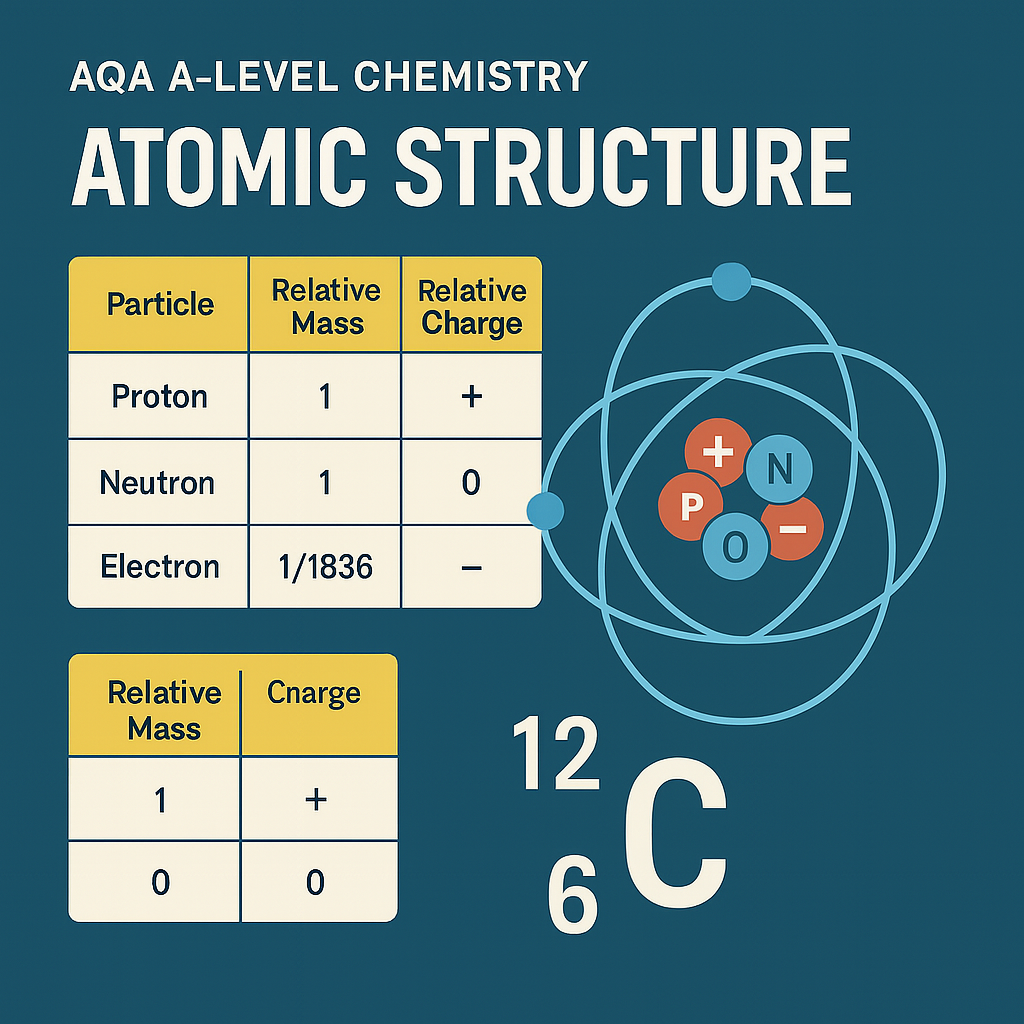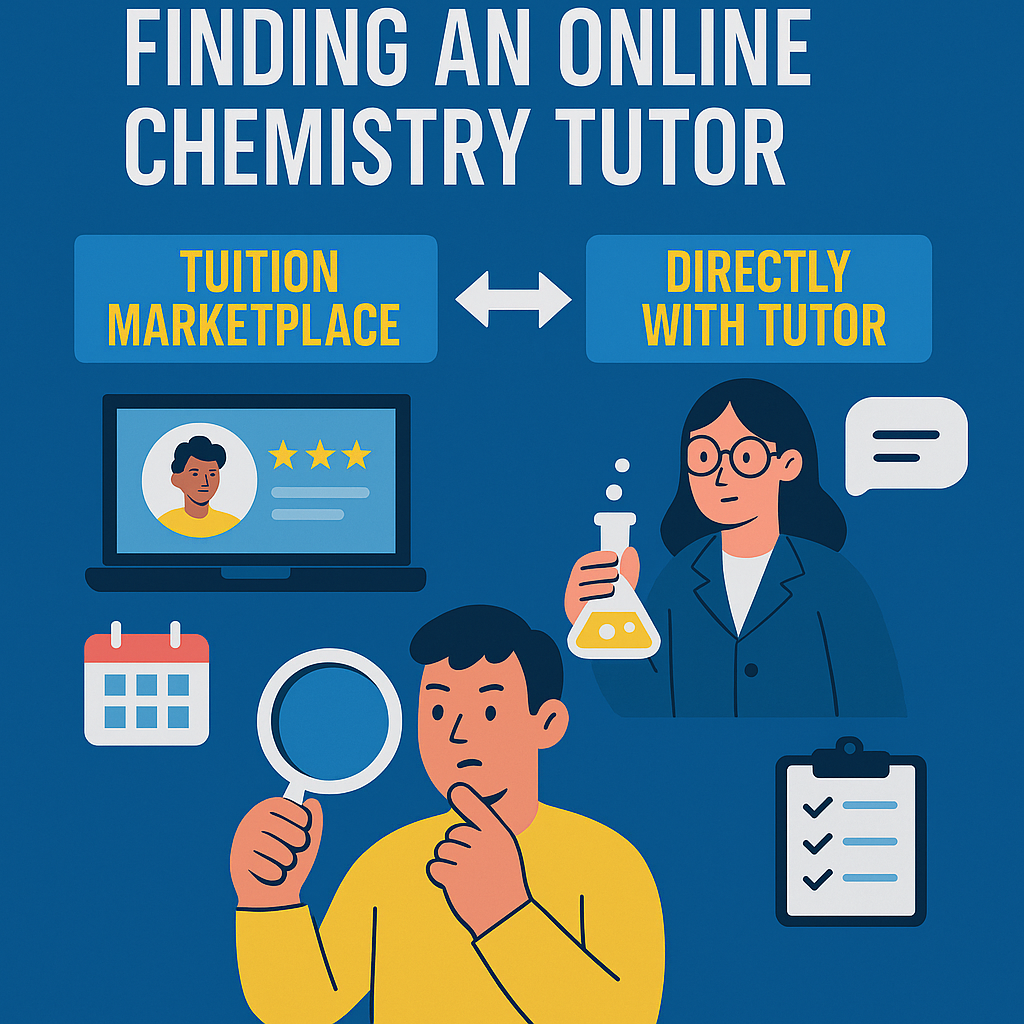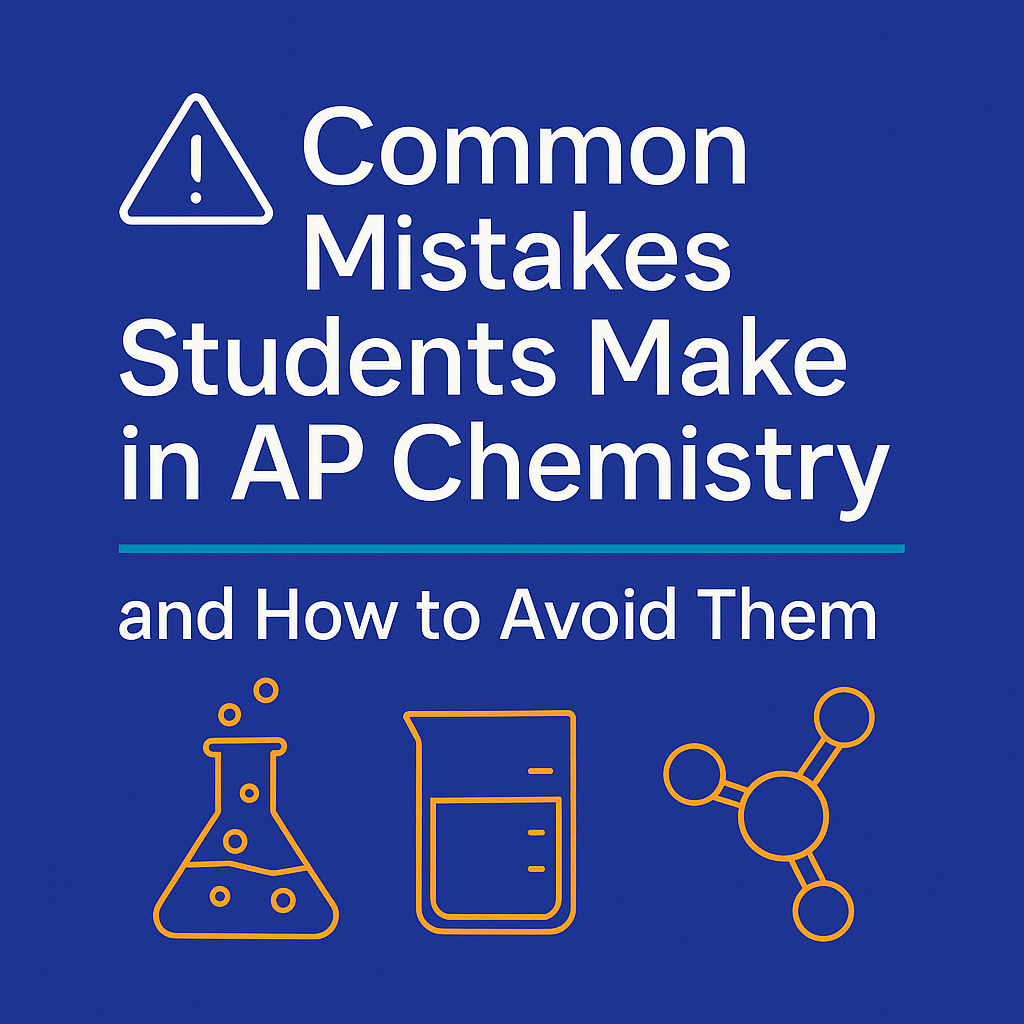How to Use Flashcards Effectively in IB Chemistry
Flashcards aren’t magic. But if used with strategy, structure, and discipline, they become one of the most effective tools for mastering IB Chemistry.
Flashcards are one of the most powerful tools in a student’s revision toolkit—but only if they’re used properly. In a subject like IB Chemistry, which is packed with facts, formulas, processes, definitions, and diagrams, flashcards can help you break down overwhelming content into manageable, memorable chunks.
But flashcards are often misunderstood. Simply copying definitions from the textbook and flipping through a stack of cue cards isn’t going to earn you a Level 7. In this guide, we’ll explore how to create, organise, and review flashcards specifically for IB Chemistry, with techniques tailored for Standard Level (SL) and Higher Level (HL) students in 2025 and beyond.
Why Use Flashcards for IB Chemistry?
IB Chemistry is dense. You need to recall:
Definitions (e.g. electronegativity, buffer, oxidising agent)
Equations (e.g. pH = –log[H⁺], ΔH = mcΔT)
Concepts (e.g. redox reactions, bonding types)
Reactions (e.g. organic synthesis pathways)
Patterns and trends (e.g. periodic trends, solubility rules)
Diagrams (e.g. apparatus, Lewis structures, energy profiles)
Flashcards help by:
Breaking down big topics into bite-sized prompts
Replacing passive rereading with active recall
Spacing revision over time for better memory retention
Helping you track what you’ve mastered and what needs work
Building speed for Paper 1 multiple-choice and structured Paper 2 questions
Used correctly, flashcards are not just a memory aid—they’re a strategy for long-term understanding.
The Science Behind Flashcards: Why They Work
Flashcards are built around two scientifically proven techniques:
1. Active recall
You test your brain to retrieve the answer rather than just rereading it. This builds stronger memory pathways.
2. Spaced repetition
You review information at increasing intervals over time—just before you’re about to forget it. This strengthens long-term memory.
Apps like Anki, Quizlet, or Brainscape automate this spaced repetition for you.
What Should You Put on IB Chemistry Flashcards?
A good flashcard is clear, focused, and challenging. Here are some categories that work especially well for IB Chemistry:
1. Definitions and key terms
These are essential for Paper 1 and basic understanding.
Q: Define electronegativity.
A: The ability of an atom to attract a bonding pair of electrons.Q: What is a buffer?
A: A solution that resists changes in pH when small amounts of acid or base are added.
2. Equations and constants
You’ll need to memorise many equations, even though some are in the Data Booklet.
Q: Write the equation for calculating enthalpy change using specific heat capacity.
A: ΔH = mcΔTQ: What is the value of the gas constant R?
A: 8.31 J mol⁻¹ K⁻¹
3. Units and conversions
Getting units wrong can cost marks in Paper 2 and IA.
Q: What are the SI units of molar entropy?
A: J mol⁻¹ K⁻¹
4. Organic chemistry reaction pathways
These are best learned as multi-step flow cards or diagrams.
Q: How do you convert an alcohol to a carboxylic acid?
A: Oxidation using acidified potassium dichromate (K₂Cr₂O₇/H⁺), heat under reflux
5. Periodic trends and patterns
These are predictable and testable.
Q: How does atomic radius change across a period?
A: Decreases due to increasing nuclear charge and same number of shells.
6. Practical techniques and lab knowledge
Great for Paper 3 and IA.
Q: What does a colorimeter measure?
A: The absorbance or transmittance of light by a solution.
7. Diagrams (for visual learners)
Some apps allow image-based flashcards.
Front: Image of a titration setup
Back: Identify burette, conical flask, and state the purpose of the indicator.
How to Write Effective Chemistry Flashcards
Not all flashcards are created equal. Here’s how to optimise each card for actual exam success:
1. Keep it simple and specific
Bad: What do I need to know about acids and bases?
Good: Define a weak acid.
Better: Define a weak acid and give one example.
2. Use the question–answer format
Flashcards should test one idea per card with a clear answer.
3. Include examples when possible
This builds understanding and helps you apply knowledge.
4. Use IB command words in your flashcards
Examples: “State,” “Define,” “Distinguish,” “Explain.”
This trains you for the actual exam.
5. Write the answer in IB-style
Use keywords and phrases from mark schemes. You’ll internalise the correct language.
6. Avoid copying word-for-word from the textbook
Rephrase the idea in your own words to boost understanding.
7. Use reverse cards too
Try putting the answer first and asking for the question. This helps reinforce flexibility in thinking.
How Many Flashcards Should You Make for IB Chemistry?
There’s no magic number, but most students benefit from:
Around 500–700 well-designed flashcards for full coverage of HL content
Around 350–500 flashcards for SL
Divided by topic (Atomic Structure, Bonding, Energetics, Kinetics, Organic, etc.)
You can also break them down further by:
Paper 1 facts vs Paper 2 applications
Visual vs definition-based
HL-only content (for HL students)
Don't try to memorise all at once. Build your deck gradually across the two years.
Paper-Specific Flashcard Strategies
Paper 1 – Multiple Choice
Flashcards are perfect for Paper 1 prep. Focus on:
Quick facts
Units
Reactions
Formula recall
Common traps (e.g. similar sounding terms)
✅ Tip: Use “one correct + three distractors” format to mimic multiple-choice questions.
Paper 2 – Structured Short and Long Answers
Flashcards can help you prepare for:
Definitions with exact wording
Concepts that require brief explanations
Maths-based flashcards with worked examples
✅ Tip: Make flashcards that ask you to “explain,” “calculate,” or “predict”—not just “define.”
Paper 3 – Data and Practical Skills
Use cards for:
Names and uses of apparatus
Types of graphs and their interpretation
Method-based prompts (e.g. titration steps)
IA-style evaluation questions
Flashcard Apps vs Paper Cards: Which Is Better?
Both work—if you use them properly. Here’s how to decide:
| Method | Pros | Cons |
|---|---|---|
| Paper Cards | Tangible, no screen time, easy to sort manually | Time-consuming to make, hard to manage spaced repetition |
| Quizlet | Easy to create, visual, includes games and collaboration | Limited spaced repetition unless using paid version |
| Anki | Powerful spaced repetition algorithm, great for long-term retention | Less visual appeal, steeper learning curve |
| Brainscape | Confidence-based rating, sleek mobile interface | Less flexible for complex formatting or diagrams |
✅ Best strategy: Use digital flashcards (Anki or Quizlet) for core content + paper cards for visual revision before exams.
When and How Often to Review Flashcards
The Golden Rule: Use spaced repetition.
Review new cards soon after learning (same day), then space them out using the following intervals:
1 day
3 days
7 days
14 days
30 days
Just before exam
✅ Tip: Focus more on cards you fail. Let easy cards naturally fade out of your cycle.
Set a daily goal:
20–30 flashcards per day in Year 1
50–100 per day in revision periods (Year 2)
Common Flashcard Mistakes to Avoid
❌ Making flashcards but never reviewing them
❌ Writing vague or overly long questions
❌ Memorising without understanding
❌ Reviewing too many at once
❌ Never shuffling or randomising the deck
❌ Skipping command words and definitions
Flashcards are a testing tool, not just a note-making one. The benefit comes from retrieving, not reviewing.
Flashcards and the IB Chemistry IA
Believe it or not, flashcards can help with your Internal Assessment too. You can create a deck that includes:
Equipment names and uses
Graph types and analysis techniques
Evaluation phrases (e.g. “systematic error,” “random error,” “improvement suggestion”)
Risk assessment vocabulary
Sample hypothesis structures
These flashcards help you write faster, more accurate IA sections and polish your scientific language.
How to Organise Flashcards by Topic
Here’s a recommended topic breakdown for IB Chemistry flashcards:
| Flashcard Topic | Examples | Best Flashcard Type |
|---|---|---|
| Atomic Structure | Electron configuration, ionisation energy, isotopes | Definition cards, trend explanations, equations |
| Bonding and Structure | Ionic, covalent, metallic bonding, molecular geometry | Diagrams, compare/contrast cards |
| Periodic Trends | Atomic radius, electronegativity, reactivity of groups | Trend cards, reasoning prompts |
| Energetics and Thermochemistry | Enthalpy change, Hess’s Law, bond enthalpies | Equation recall, step-by-step calculations |
| Kinetics | Collision theory, rate of reaction, catalysts | Definition cards, graph-based questions |
| Equilibrium | Le Chatelier’s principle, Kc, concentration changes | Scenario cards, explain-style cards |
| Acids and Bases | pH calculations, strong vs weak, titration curves | Equation + diagram cards, step-by-step logic |
| Redox and Electrochemistry | Oxidation numbers, half-equations, voltaic cells | Worked examples, cell diagrams, reasoning cards |
| Organic Chemistry | Functional groups, reaction types, mechanisms | Reaction pathway flow cards, mechanism diagrams |
| Measurement and Data Processing | Uncertainty, significant figures, error propagation | Mini IA scenarios, formula recall |
| Analytical Techniques | IR, NMR, mass spectrometry | Spectrum identification, explain prompts |
| HL-Only Topics | Entropy, Gibbs free energy, electrode potentials | Worked problems, flash-formulas, concept cards |
| IA and Practical Techniques | Variables, error types, apparatus, evaluation phrases | Command word cards, diagram recall, vocabulary |
This organisation mirrors the syllabus and makes revision faster.
Final Thoughts: Smart Flashcard Use = Smart Chemistry Revision
Flashcards aren’t magic. But if used with strategy, structure, and discipline, they become one of the most effective tools for mastering IB Chemistry.
Start early. Write smart, focused questions. Use spaced repetition. Mix up formats. And always link back to the syllabus and command words.
Need help building your first flashcard deck or deciding what to prioritise?
Book a 15 mins consultation with Dr Marguerite Quinn, expert IB Chemistry tutor. Get support crafting your cards, mastering spaced repetition, and learning exactly what examiners want.





Understand AQA A-Level Chemistry Section 3.1.1.2 on mass number and isotopes. Learn key definitions, isotope notation, calculations, and how this topic builds your scientific and exam skills.